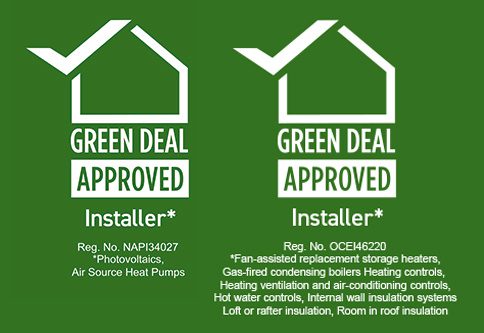Although there is never a good time for your pipes to freeze over, your boiler to break or your windows to break; it can be exceptionally hard in winter. Preparing your home for winter is key to minimising the impact of the cold weather.
So how can you minimise the impact? From clearing drains and understanding where your stop clock is, to bleeding your radiators and servicing your boiler, there are many different ways in which you can prepare your home.
Take a look at a few simple factors we recommend to prepare your home for winter 2021.
Service your boiler ahead of time
Servicing your boiler may not be at the top of your to-do list. Many households don’t think to service the boiler until something goes wrong, or throughout the summer when the boiler isn’t in use as much.
However, servicing your boiler is an important task and could save you a lot of money in the long-run. If you’re a landlord, it is in fact a legal requirement and must be completed by an accredited gas service engineer.
The more often a boiler is serviced, the less likely it is to breakdown. During a routine service, engineers will be able to spot any potential problems, which could prevent the boiler breaking down and your costs to replace the entire boiler later in the year – or in the New Year when everyone is short on money.
Servicing your boiler before the winter months kick in fully is often a good time; there is less demand and so you might find it easier to arrange for a visit from an engineer to carry out the service and any additional works.
Claim what you’re entitled to
While you’re preparing your boiler for winter, it is also a good time to find out if you qualify for the Warm Home Discount Scheme; which opens on 18 October 2021.
For households on a low income, or who meet specific criteria and receiving certain benefits, as much as £140 could be shaved off your gas bill.
Speak with our team if you have any questions, or contact your energy provider should you need advice on how their conditions for applying.
You could also receive a payout from the Cold Weather Payment Scheme if you receive Universal Credit, Pension Credit and other benefits. This scheme pays out £25 per day for each 7-day period when the weather is 0-degrees or lower.
Bleed your radiators for more heat
Before the weather really gets cold, it is often an idea to bleed the radiators throughout your home. If your radiators haven’t been bled in a long while, they could have trapped air, which prevents warm water circulating properly and therefore – your heating system working as it should.
The trapped air can mean you’ll need your heating on for longer as it takes more time to heat your home to your desired temperature; which can then cost you more money.
To check if your radiators have trapped air, you should feel if the radiator is cold at the top and hot at the bottom. You’ll need an old cloth and a bleed key; make sure the heating is off, and turn the valve on the radiator until you hear a hissing sound. The old cloth can catch any liquid which sprays out of the radiator valve; and as soon as the hissing stops and water begins to come out, shut the valve.
Make smart use of your timer
Despite COVID still being a worry, many households are still booking holidays abroad – specifically for some winter sun.
If you are looking to get away to a warmer country, don’t forget you still need to think about your pipes at home. Should the temperature drop dramatically while you’re away, your pipes could freeze and burst causing flooding and subsidence.
However, if your heating is set to come on for an hour or so each day, you can prevent freezing and further damage.
You’ll also be able to set the temperature to a nice level for your return.
It is always important to keep on top of your home energy, appliance usage and have a general know-how on preparing your home properly for colder weather. If you’re hoping to save energy this winter, but still keep warm and want some advice, contact our team.
SwitchedOn Yorkshire are able to service your boiler, check whether your boiler is efficient and install smart thermostats or radiator valves to assist in heating your home, without spending a fortune.











